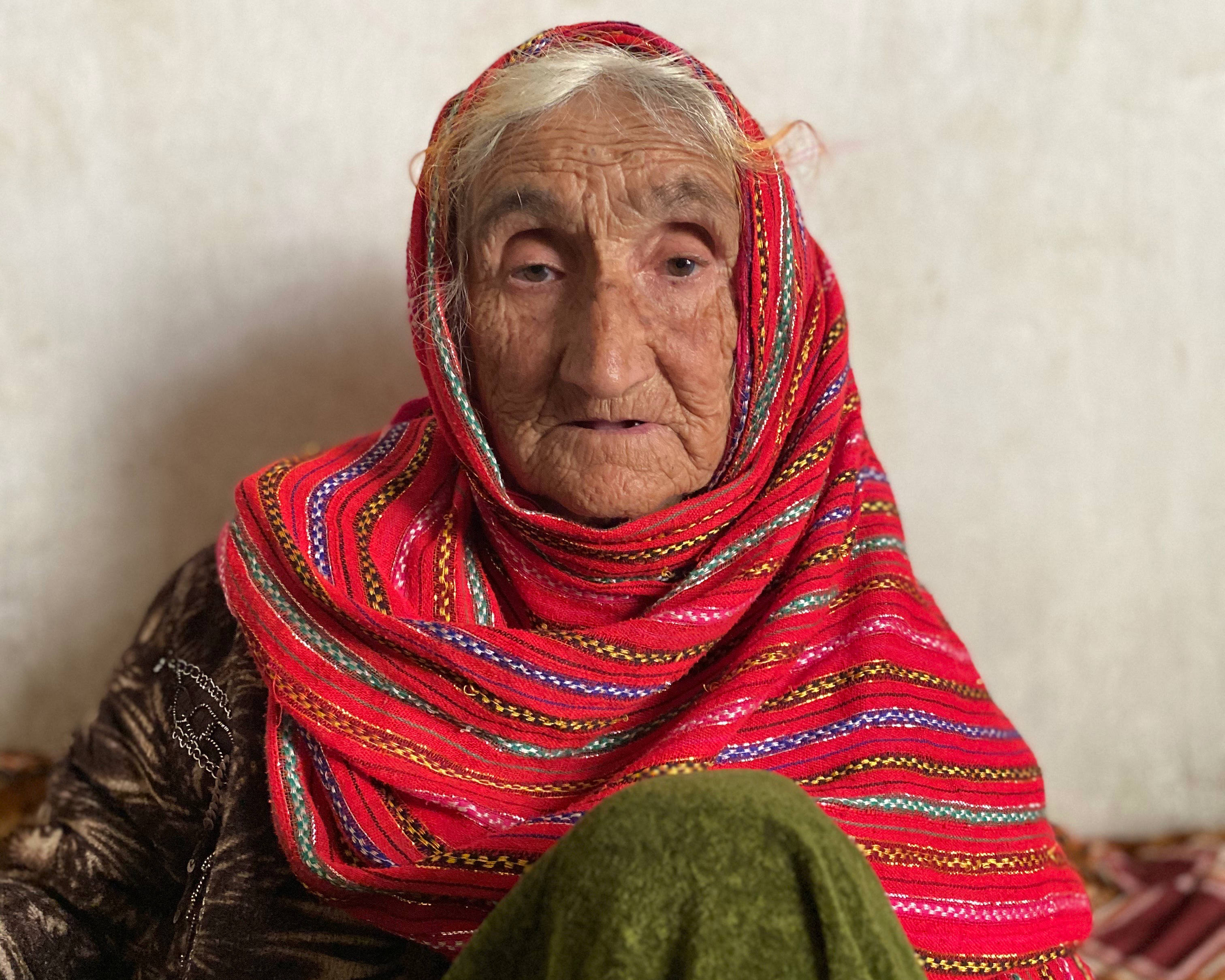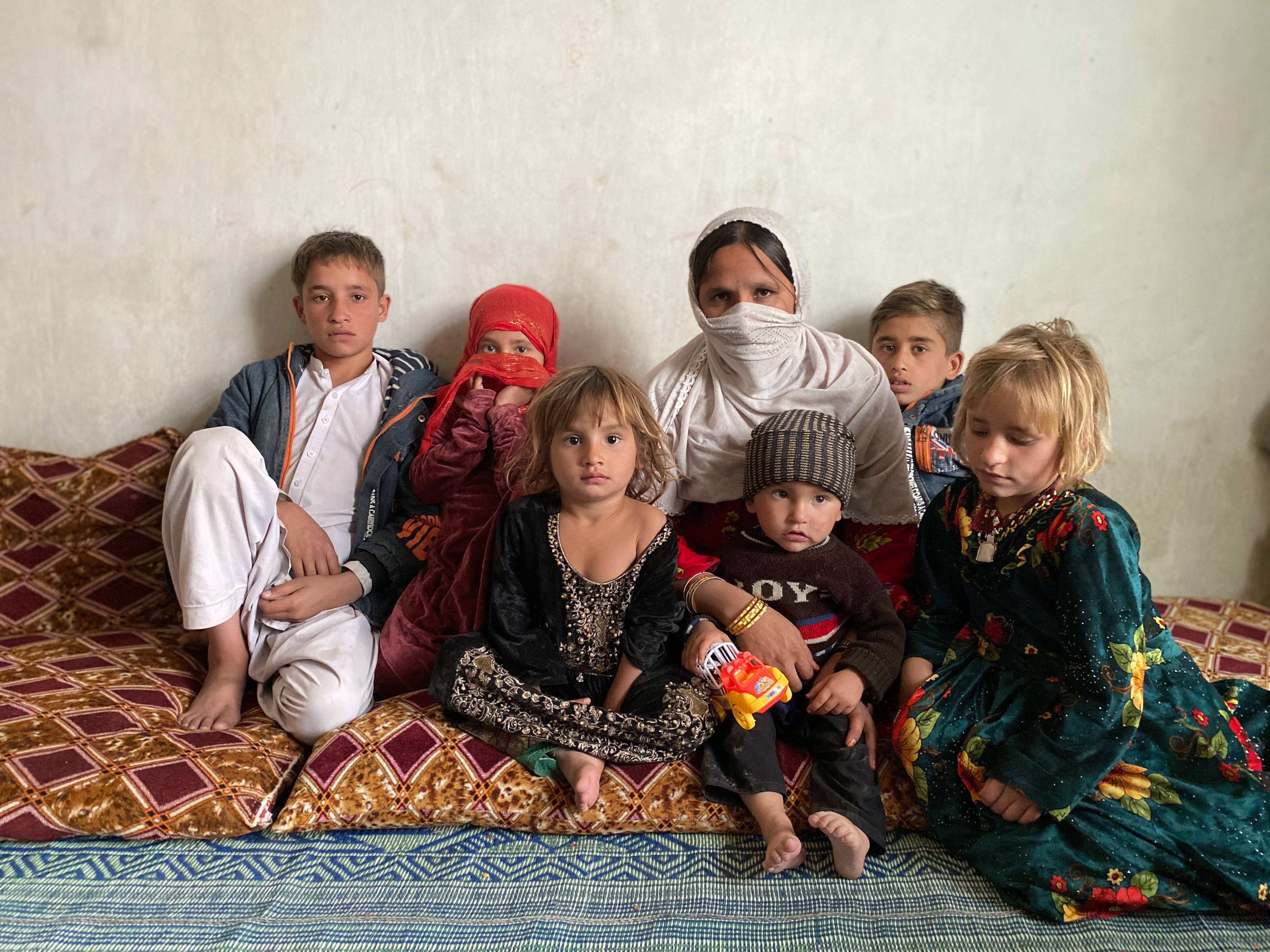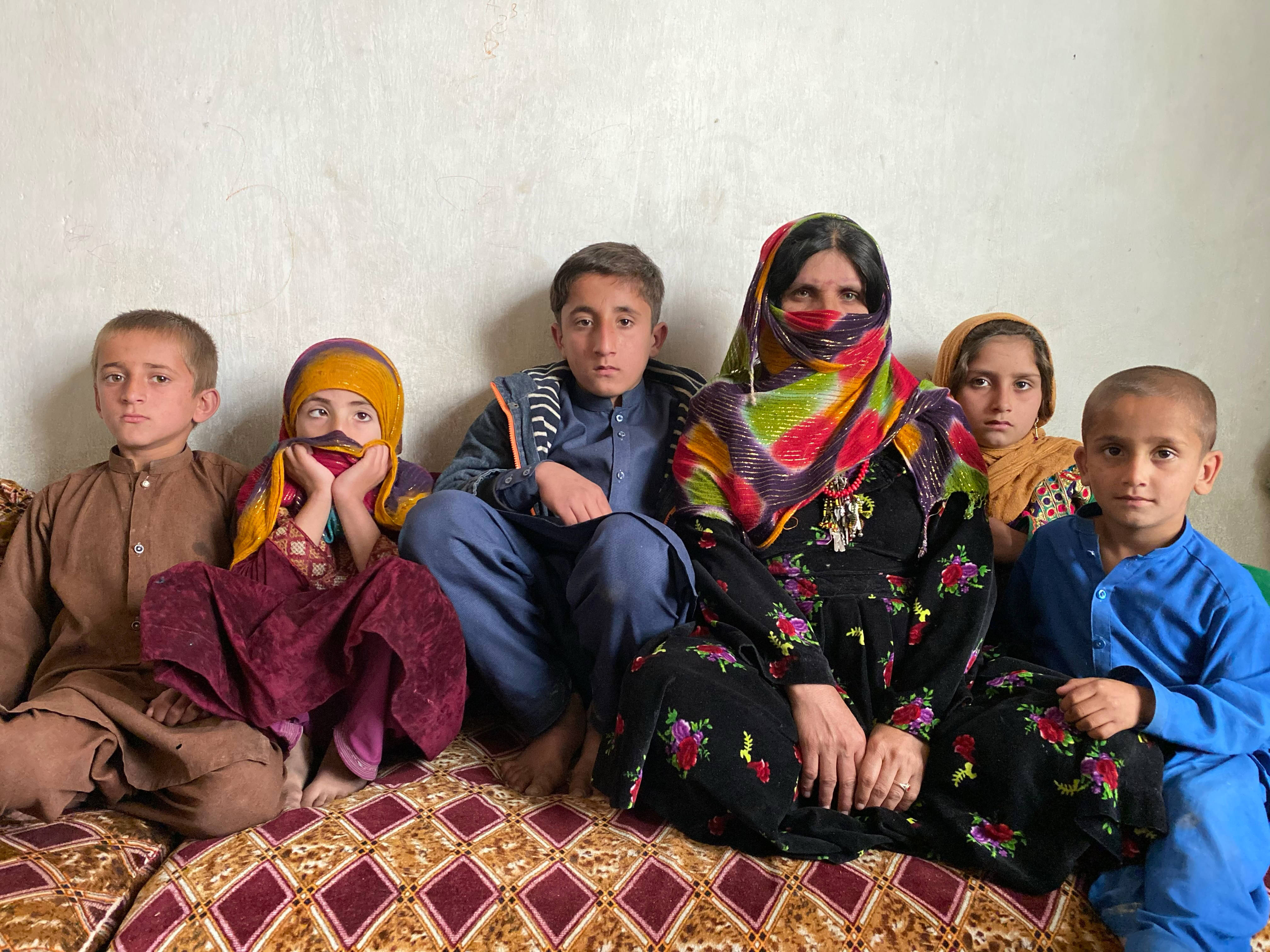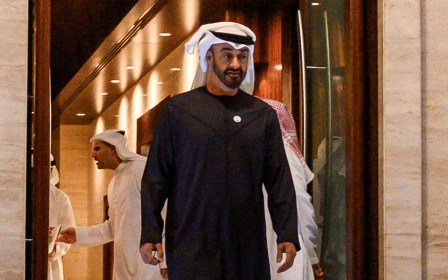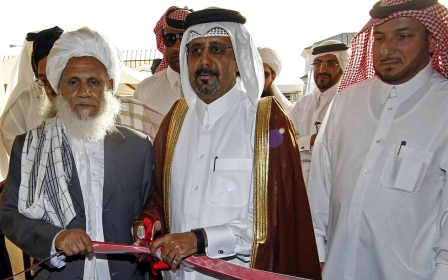Afghans wary but hopeful as Taliban and Washington sign landmark deal
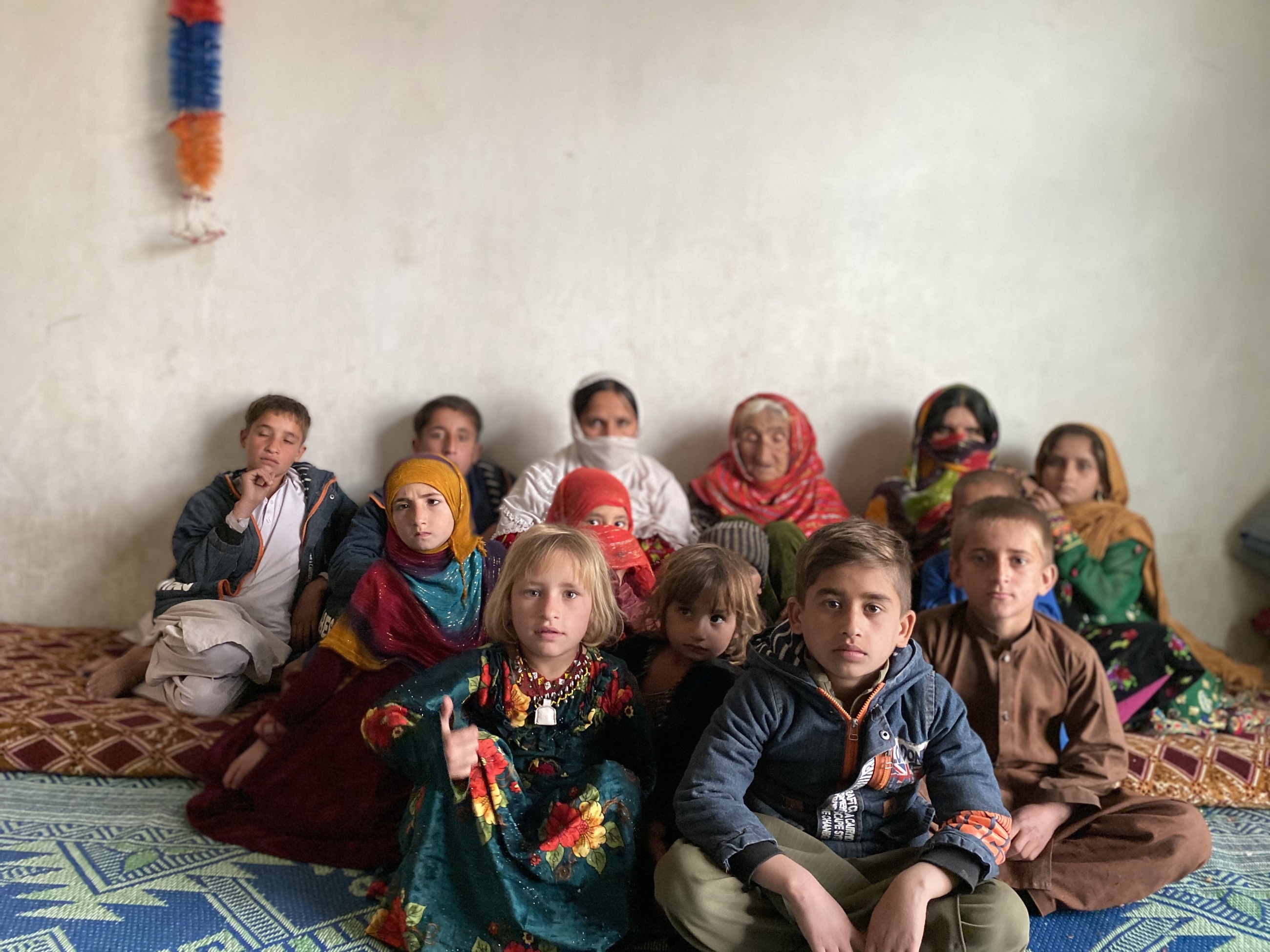
In the Afghan village of Shemol, Janat Bibi couldn’t be farther geographically and in status from the men who signed a historic agreement between the Taliban and the United States on Saturday.
Janat has carried the weight of the war with the deaths of her son and two grandsons in attacks by the Taliban and is now caring for their widows and her 17 grandchildren.
Still, the illiterate widow says she is happy to see her long-suffering country one step closer to peace as representatives from the Taliban and Washington meet in Doha to pave the way for the withdrawal of US Forces from Afghanistan.
The agreement, which would put an end to the United States’ longest-ever foreign incursion, comes after a rare seven-day reduction in violence between the Taliban, US Forces and the Afghan Security Forces which Washington has bankrolled for the past 18 years.
For the last eight years, the Qatari capital has played host to a growing number of Taliban members, but it has only been in the last year that they were able to sit in direct, face-to-face negotiations with the United States, something the group has been asking for since 2001.
New MEE newsletter: Jerusalem Dispatch
Sign up to get the latest insights and analysis on Israel-Palestine, alongside Turkey Unpacked and other MEE newsletters
If all goes as planned, Doha will have beat Germany, Norway, Turkey and Saudi Arabia to being the country that played a central role in ending the Afghan conflict.
“I’m very happy to see them come together, too many people have suffered the way I have and it has to end,” Janat told Middle East Eye.
The ailing woman has no living adult male relatives to provide for her and her three daughters-in-law.
Her life in Shemol, 70km from the city of Jalalabad, has largely excluded her and her family from the high-rises, private schools, hip cafes and televised singing competitions that have come to embody modernisation in Afghanistan’s urban centres.
In fact, Janat and her daughters-in-law say their village lacks even the most basic services, including proper hospitals and schools for the children.
This lack of economic prospects and access to even simple amenities was what led her son and grandsons to enlist in the Afghan National Police.
The three men’s combined salary of $475 was more than they could have ever possibly made in Shemol, but it ended up costing them their lives.
Three years ago, they were killed in a Taliban attack on their base, 200km away from Shemol, in the southern province of Zabul.
Janat has taken on the responsibility for the widows and the 17 children they had left behind.
Her heart may still be broken over her loss, but Janat says she is willing to look past her anger towards the Taliban if it means an end to decades of violence.
“All any of us want is what is best for the country,” she says.
Little choice
Eloom Bibi, the widow of Janat’s grandson Golab, says that like millions of other Afghans, she fears a Taliban return to power, but adds the country has been left with little other choice after 18 years of continuous war.
“Who is not afraid? but what else can we do at this point. We need peace.”
Eloom says other than private donations — including from Afghans abroad — there are no services for her three sons and three daughters, so she hopes that an end to the conflict will mean more attention to the country’s rural populations.
Shomai, the widow of Janat’s son, Mahmood, says if there was proper investment in areas like Shomal, men like her husband would not have to join the Afghan National Security Forces.
“Every household in Shomal has at the very least one or two martyrs. There are no other options there, so the men have to join the security forces.”
As the four illiterate women care for 17 children without any male breadwinners, they say they know the value of education for their boys and girls.
They have temporarily relocated to the district of Behsud, just outside the city of Jalalabad, in the hopes of finding proper schooling for the boys.
Although Janat believes a woman is “happy at home,” she says she wants the girls in her family to be educated, however there are no nearby girls schools to send them to.
When the Taliban ruled Afghanistan from 1996 to 2001, they banned girls from going to school, something Janat says she does not want to see repeated.
“A woman should be at home to care for her family, that’s my belief, but it’s not up to anyone else to tell her that,” she says.
“She should be able to decide for herself if she wants to go out and work or if she wants to stay at home with her family.”
Afghans will fight back
In a recent New York Times Opinion piece, Sirajuddin Haqqani, the deputy leader of the Taliban, said the group will work with other Afghan groups, including the Kabul government, to “find a way to build an Islamic system” that guarantees equal rights for all Afghans.
“Where the rights of women that are granted by Islam — from the right to education to the right to work — are protected, and where merit is the basis for equal opportunity.”
Still, many Afghans, especially in urban centres, say the Taliban cannot be trusted, particularly when it comes to the rights of women and girls.
Several analysts and experts speaking to MEE said if the Taliban cannot find a way to exert political power once they are brought in from the cold, they will find a way to flex their muscles by regulating societal standards.
Orzala Nemat, the Director of the Afghanistan Research and Evaluation Unit, a Kabul-based think tank, says if the Taliban try to revert back to their 1996-era tactics, they will face a serious, concerted backlash.
“I don’t think, I know. I am confident that the Afghan people, especially the women, will stand up and fight back,” said Nemat, who has also worked on women’s rights issues for two decades now.
To avoid such a situation though, Nemat says Afghan representatives who will meet with the Taliban after the signing of the pact with the US must keep women like Janat, Eloom and Shomai in mind during all negotiations.
“We must make sure that these talks address the plight of the hundreds of thousands of war widows and orphans. Especially those who were disabled during all these years of war.”
To ensure that this happens Nemat said that the people, especially those with influence, will have to lobby the Afghan representatives “to focus on the issues that affect millions of lives and not just more talks of power-sharing among political elites who are driven by their own self-interest.”
Middle East Eye delivers independent and unrivalled coverage and analysis of the Middle East, North Africa and beyond. To learn more about republishing this content and the associated fees, please fill out this form. More about MEE can be found here.


